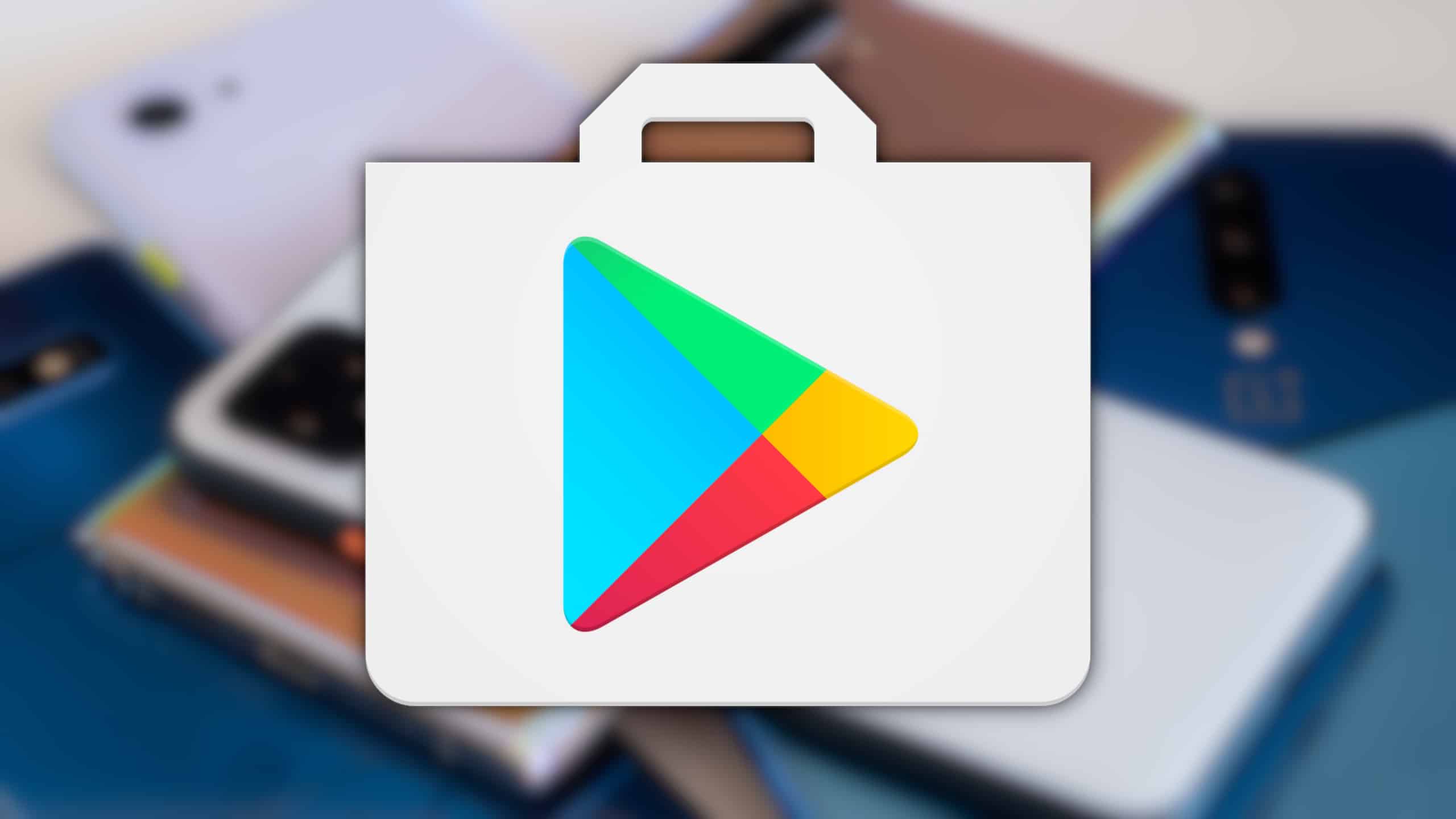Apps seem like they’re always getting larger in size, putting a strain on your phone’s resources and your data plan. Google has tried to combat this with App Bundles, a system that lets developers build multiple versions of their apps for different device configurations — the Play Store then downloads the appropriate APK to the user’s phone. Now Google wants to take things one step further with “App install optimization,” which will study what part of an app is used when it’s initially opened, and use that data to improve the update and app-launch process.
App install optimization isn’t available on the Play Store yet, but 9to5Google spotted a support document for the feature that’s live already. When you open an app for the first time, Google will monitor what parts of the app you use and which parts you don’t. When you first download Instagram, for example, you may spend the first ten minutes setting up your profile and finding friends. If this is the case for a significant number of users, then the Play Store will download that part of the app first, leaving the posting tools or story viewer uninstalled until you try to use them or your connection gets stronger.
This data could also be used to improve resource management on your device. Rather than open the entire app into RAM, your phone could load the parts you use most, reducing the load on the processor and amount of RAM needed.
This is done while conforming to Google’s existing privacy policy, so none of your personal information will be used, and it won’t look at anything outside of the app in question. It won’t collect information about what is downloaded or uploaded in the app either, so posts you view or create on social media won’t be sent back for analysis.
When app install optimization becomes available, Google will let you opt out of the process. To do so, open the Play Store settings page and turn the feature off. This will only disable analysis of your usage, so you’ll still benefit from the faster load times that result from everyone else’s data being processed. 9to5 mentions that Play Store version 25.5.13 includes references to the feature, so we could hopefully see it become available soon.

